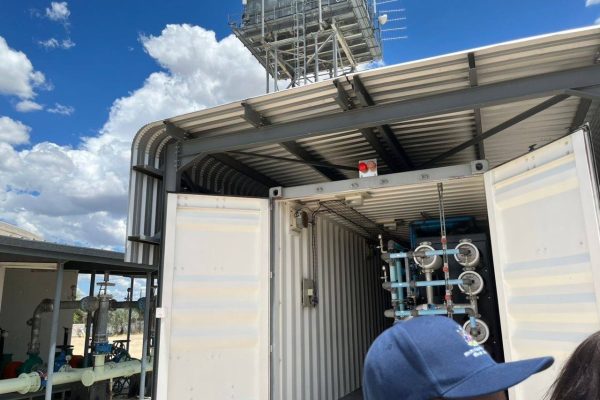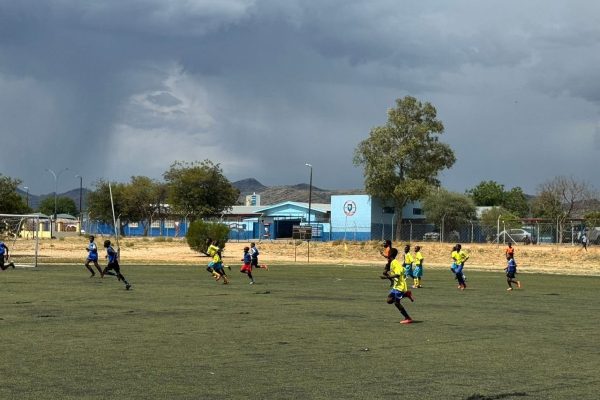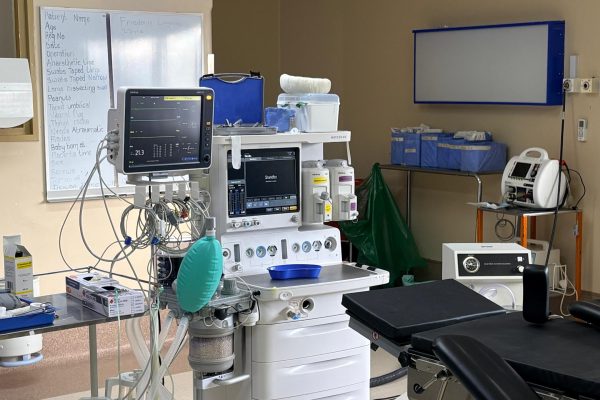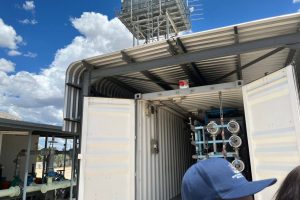By: Hee-Dee Walenga
The Stanford Seed Transformation Network, in collaboration with the De Beers Group, hosted an exclusive masterclass this week in Windhoek, intending to inspire growth, innovation, and leadership excellence for existing and future entrepreneurs.
The panel of speakers consisted of: Stanford Seed Southern Africa president, Daniel Malherbe, Ombu Capital founder, Vetumbuavi Mungunda, International Training College – Lingua founder, Ingrid Kloppers-Mettler, Tandii Trading founder, Maria Haufiku, and Dinapama Manufacturing & Supplies chief operating officer, Sylvia Kapena.
The central point of discussion was how Namibian businesses are struggling to scale from the micro enterprise category to the micro, small and medium-sized enterprise (MSME) category and beyond; a characteristic that holds true for low-income countries, particularly on the African continent.
Ombu Capital founder, Vetumbuavi Mungunda, indicated that although mining and quarrying represent 10% of the GDP and 56% of exports, they only make up 2% of the employment figures.
The agriculture sector, on the other hand, represents between 4 and 7% of the GDP, yet makes up over 30% of employment.
Mungunda attributed this as the primary reason for Namibia’s high inequality.
He explained that it is important to note that the largest number of unemployed Namibians only possess junior secondary school qualifications.
Therefore, “you can’t come with a sophisticated sector or industry to try and absorb people that only have junior secondary school qualifications. That is why the MSME sector can absorb the largest number of unemployed Namibians,” he noted.
Among the reasons discussed for Namibia’s lack of SME growth was the challenge of channelling capital into opportunities for social progress and sustainable economic growth whilst still delivering a financial return.
The masterclass encouraged local entrepreneurs to prepare comprehensive frameworks that quantify indicators such as job creation, revenue growth, formal value chains, and climate-smart practices in order to attract capital and/or investors.
This will enable them to leverage additional capital to scale their businesses.
Additional reasons cited for the struggles of Namibian MSMEs include poor application of funds, inadequate oversight and sound boards, inadequate project management, low levels of investment readiness, and insufficient adherence to sound financial management.
To solve some of these issues, the masterclass encouraged Namibian business owners to take part in training programs that teach business plan development and financial management. It also advised them to make use of ongoing support mechanisms such as peer learning platforms, networking opportunities, and monitoring & evaluation support frameworks.
The Stanford Seed Transformation Network is a partnership between Stanford Graduate School of Business and De Beers that offers a year-long leadership and management training program for established business owners in Namibia, Botswana, and South Africa.









